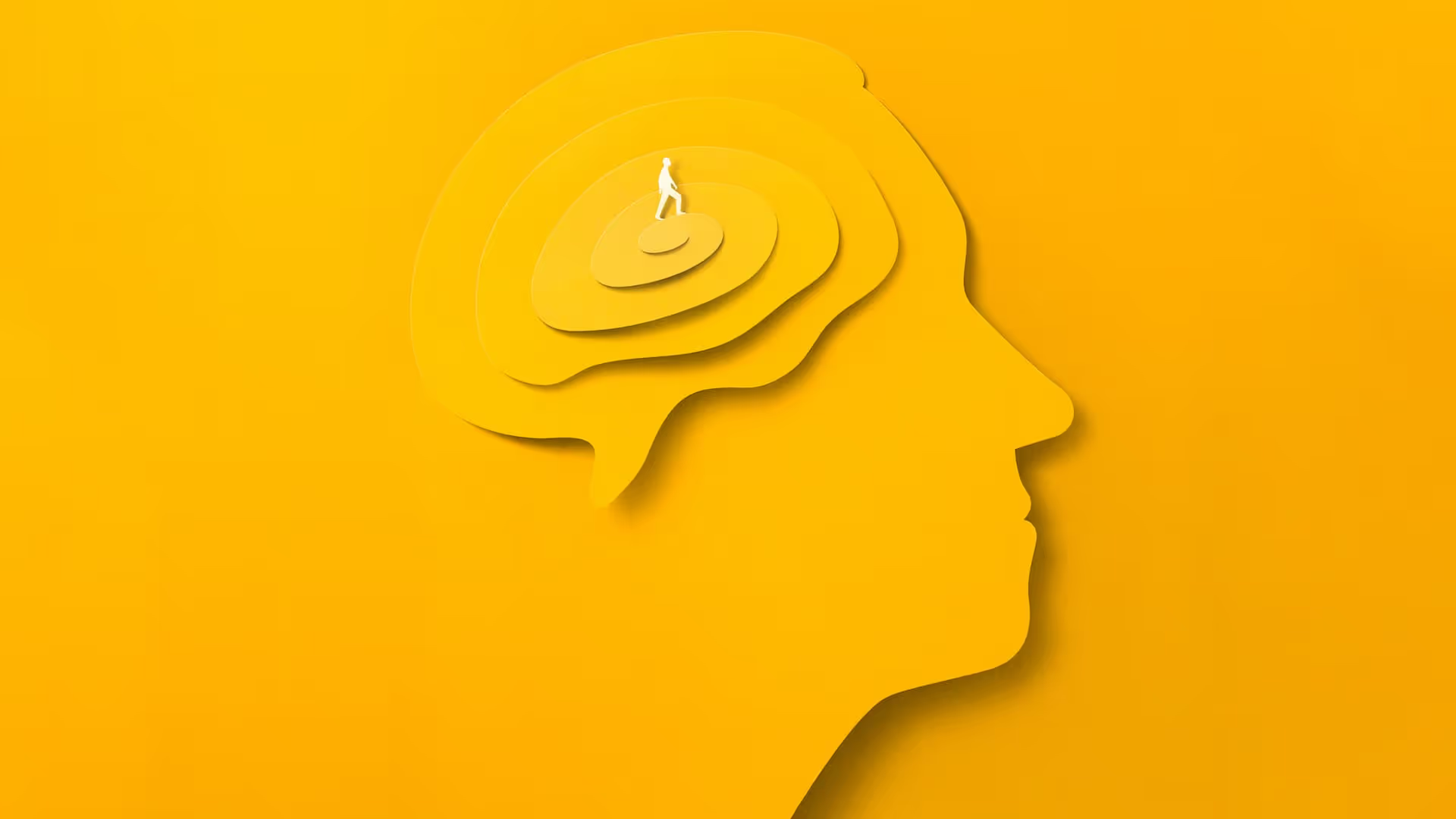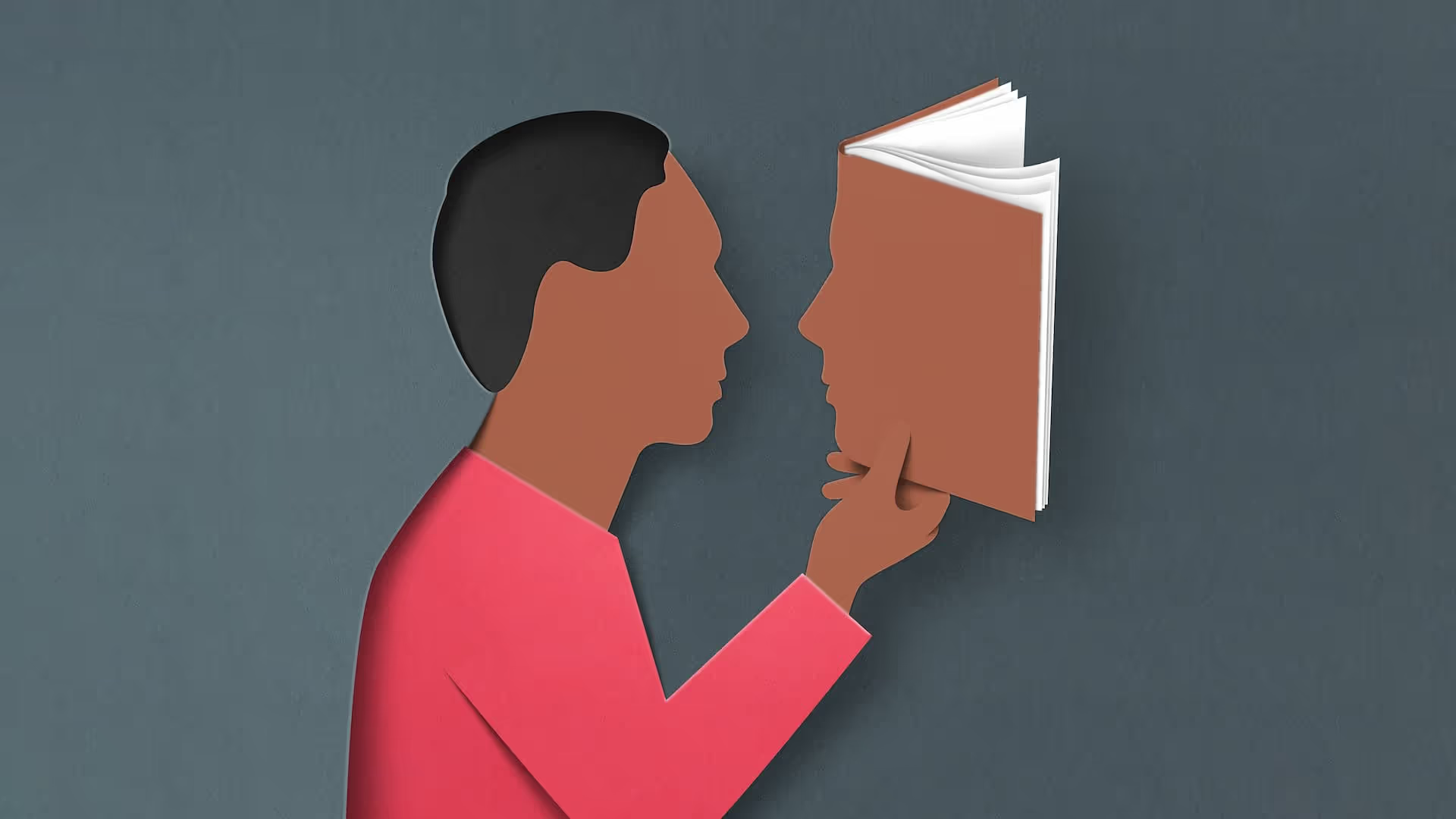What are ACEs?
Adverse Childhood Experiences (ACEs) can be highly stressful experiences that can happen to any of us before we turn 18. These early childhood experiences can affect our health and well-being as adults.
ACEs are Adverse Childhood Experiences. Our ACE history counts experiences of abuse, neglect and household challenges that happened to us as children. But that number does not define us. It is simply an entry point to our own personal story.
Where it leads is up to you.

Adverse Childhood Experiences (ACEs) can be highly stressful experiences that can happen to any of us before we turn 18. These early childhood experiences can affect our health and well-being as adults.

Find out the number of ACEs you’ve experienced according to the original ACEs study published by the CDC and Kaiser Permanente in 1997.

The effects of ACEs can be addressed and we can all take steps to prevent ACEs from being passed down to the next generation.
Click here if you are in crisis and need help right now.